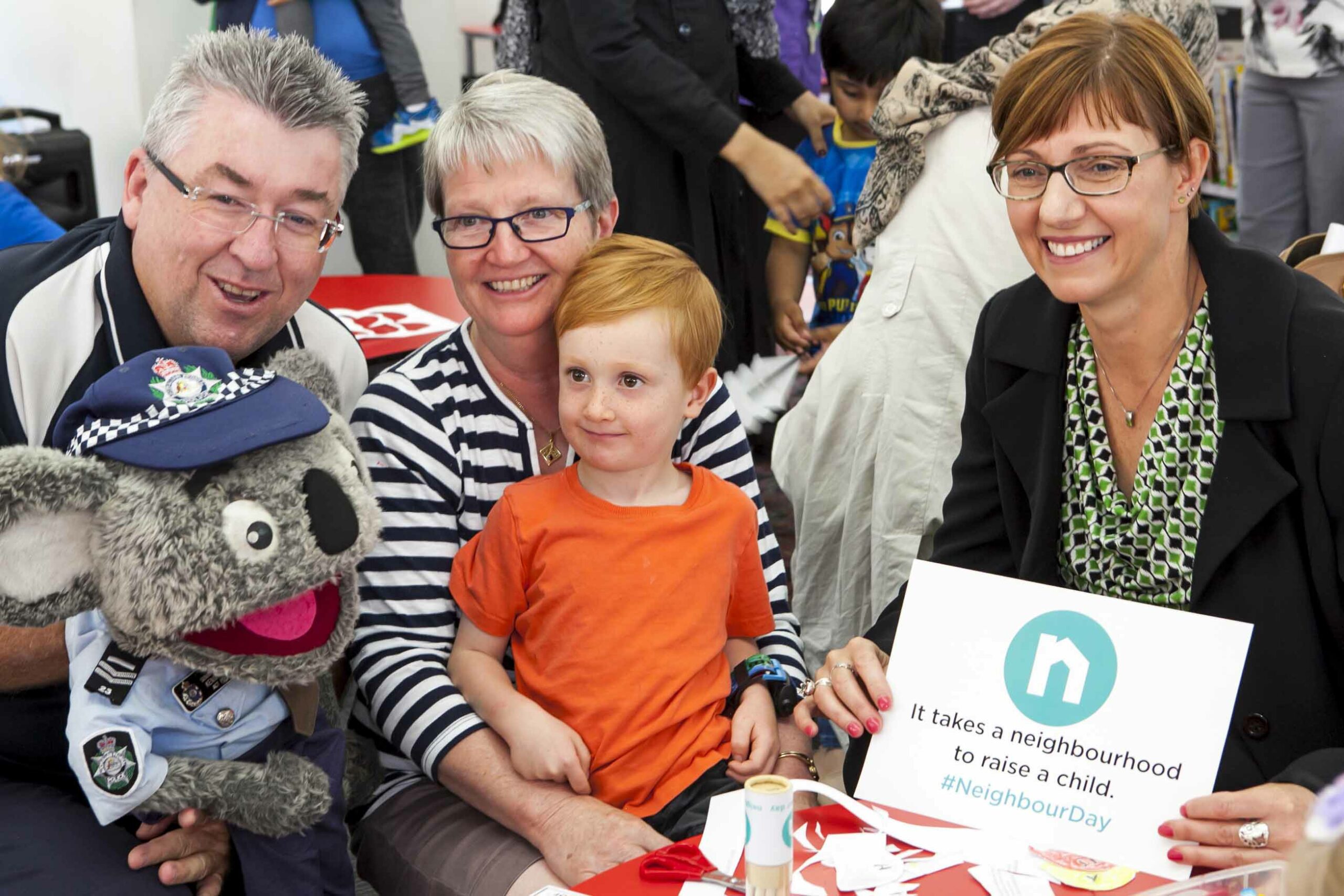By Helen Fogarty National Communications Manager NAPCAN*
27 Feb 2020
The bus driver…
There’s a story that often comes up in discussion at NAPCAN. We’re not sure where it came from. We’re not sure if it’s entirely true.
But it always helps us to explain the power of community.
It goes something like this…
An adult – who is known to have had a tough childhood – is asked how they made it to where they are today. Their answer goes something like this:
“My bus driver.
Every day my bus driver would greet me with a friendly smile and say
‘good morning sunshine!’ No matter what else was happening, this person helped
me to feel seen and valuable.”
The point of the story is not that a simple smile is the solution to abuse and neglect. But that these small actions do count; every one of us can play a part in shaping the life of a child.
The evidence…
More and more, research is showing that being kind to children is more than just a nice idea.
When we talk about child wellbeing we often talk about Adverse Childhood Experiences or ACEs. ACEs are things that happen in childhood that are serious enough to have long term negative effects on a child’s life (e.g. violence, health issues, death, abuse, neglect, crime, broken relationships).
Obviously, we want to prevent ACEs as much as possible (and this is a big part of NAPCAN’s work). But when ACEs can’t be – or haven’t been – prevented, we need to know how to minimise the damage.
Optimistic new research from the Brigham Young University (October 2019) has shown that positive childhood experiences – like having good neighbours, regular meals or caring adults around you – have the potential to lessen the harmful health effects caused by ACEs.
Specifically, the study found that even when an individual had four or more ACEs (which is not what we want for any child!), having a high number of advantageous childhood experiences (Counter-ACEs) can reduce the negative effects.
Interestingly the study also found that – regardless of ACEs – the absence of positive childhood experiences and relationships may be just as detrimental to lifelong health. Which is even more reason to focus on boosting the positive.
The list of Counter-ACEs in the study includes having:
- friends
- a school that you like, with teachers who care
- adults and caregivers who you can trust
- opportunities to have fun
- good self-esteem
- regular meals and routines.
And, importantly, while we’re on the topic of Neighbour Day:
-
friendly neighbourhoods!
So, while an individual might not be able to change all these things for a child, it’s encouraging to think that every single one of us has the power to do something to help create Counter-ACEs.
And what better time to start than Neighbour Day on 29 March!
To find out more about how to play your part, visit www.napcan.org.au.
*NAPCAN is a national Very Neighbourly Organisation.

